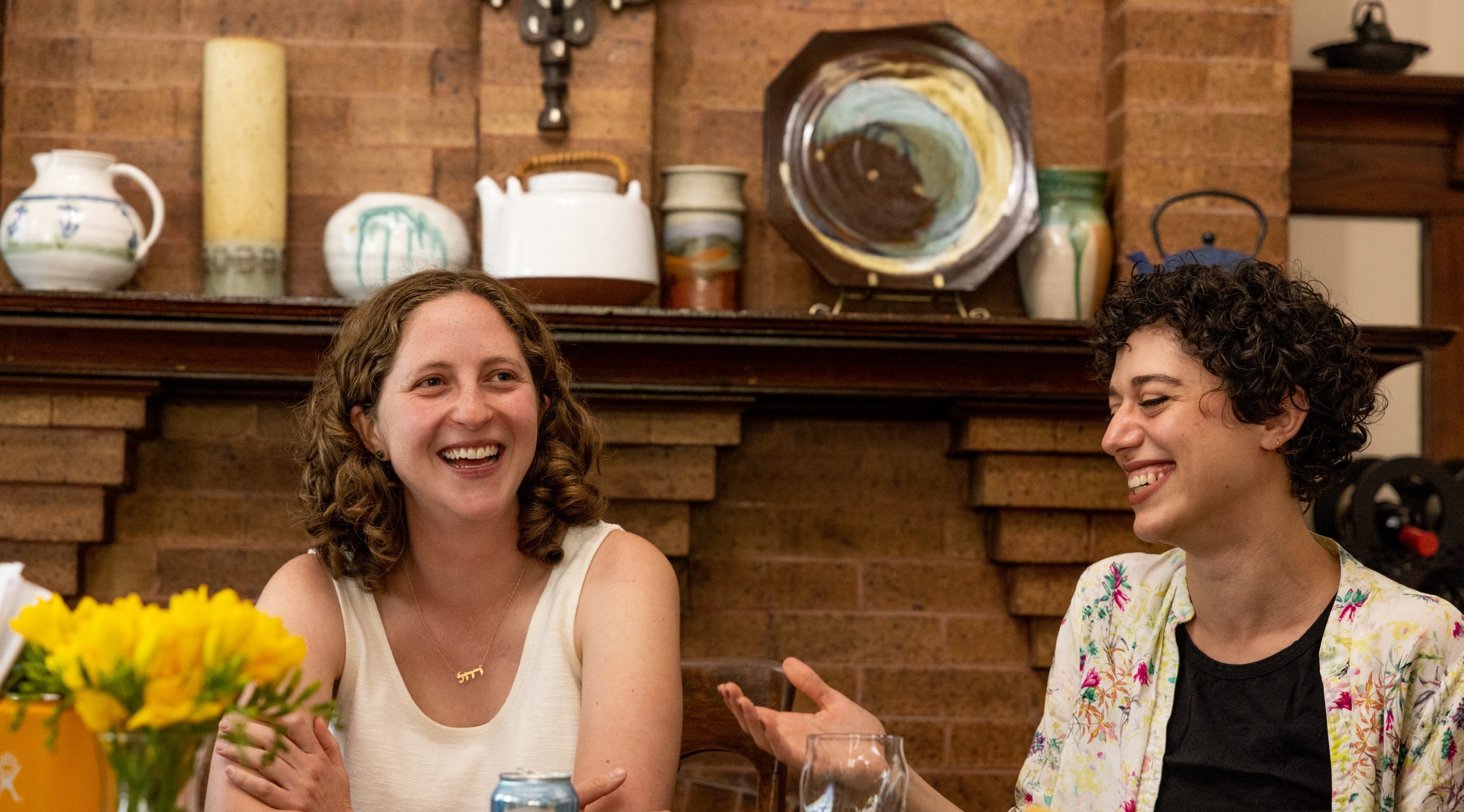
It is true that I recently got engaged, but it is also true that I had been contemplating love for some time before I met my beloved. In fact, one of the great benefits of having been single for such a long time was the experience of many kinds of love from all kinds of expected and unexpected sources: from family and friends, students and teachers. And also from sunshine and boulders and from characters in books. From relatives long dead. From God.
At a recent retreat, we had the privilege of learning with Dr. Melila Hellner-Eshed, who introduced us to the Idra Rabba, highly esoteric passages from the Zohar. According to these mystical teachings, the most ancient, primordial manifestation of God continuously trickles forth love as light or milk, without any will or effort. There are other manifestations of God that are more concerned with justice and morality, but the most fundamental nature of existence is this image of love. (Of course, the Zohar circles back to say that even though it may seem that there is a “most” fundamental aspect, everything is really a unified whole – but that’s another topic.)
Somehow it makes sense to me that if you strip everything else away, what is left is love. It is often what I experience when I reach a deep place in my practice, whether it be in meditation or in prayer. Sometimes I can sense that loving connection that is independent of will or effort. It simply is.
And this calls to mind another distinction which has been part of my musings about love: the difference between yearning and desire. Yearning is a spiritual stance, an orientation of longing to connect with that fundamental love. It is not about obtaining anything or getting any answer. In fact, yearning is its own answer.
Desire, on the other hand, is focused on an object, human or otherwise, which we may or may not acquire. It is easy to confuse with yearning, but in desire, we seek to be satisfied. And alas, as the Buddhists and others point out, desire is usually satisfied only temporarily, if at all. We often get bored with what we possess – and we experience great suffering when we do not get what we desire.
Desire arises and we can be skillful or unskillful in how we respond to it, but yearning can be cultivated as a devotional practice to help remind us of all the expected and unexpected places we might experience love. Not the love that demands conditions and reactions, but just the sweet generous love that flows in everything and which we can offer back as a gift in service of the Divine.

